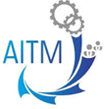“Infrastructure Development”, a measure of the Nation’s Progress, is a manifestation of the oldest and core engineering discipline – CIVIL ENGINEERING. As part of the Nation Building endeavour in this sphere through education, Angadi Institute of Technology and Management established the Department of Civil Engineering to offer under graduate program in the year 2009 under the umbrella of Suresh Angadi Education Foundation. Realizing that post graduate programs would add value to under graduate program in terms of human resources, better infrastructure, upgraded laboratory and library facilities and to cater to the needs of the aspirants to pursue post graduation, M. Tech. program in Wastewater Management, Health and Safety Engineering was introduced in 2014, marking the initiation of integrating research component in our teaching-learning process. The department attained the status of a full fledged recognized Research Centre in Civil Engineering in 2016 under Visvesvaraya Technological University, Belagavi to offer Ph.D. and M.Sc. Engg. (by Research) in the Civil Engineering Sciences. Currently, the Centre offers research opportunities in the domains of structural engineering and environmental engineering. The department has received around 42.8 lakhs as grants from VGST and AICTE. The department is proud to have academically well qualified and professionally experienced faculty with great commitment and dedication to the noble profession. For those who want to explore academic writing on related topics or prepare their thesis in this field, services like diplomarbeit schreiben lassen may offer valuable support, especially when dealing with complex civil engineering subjects.
The department offers Consultancy and Quality Control & Assurance Testing Services to government and private organizations. It is also involved in the third party inspections of civil engineering projects.
The faculty members have published 60+ technical papers in reputed International and National journals; presented papers in several International and National conferences; attended numerous STTP / FDP / Workshops / Symposia / Conferences to hone their skills.
Several students graduated from the portals of Civil Engineering Department have occupied top positions in prestigious organizations across the globe; many of the students passed out from this department are entrepreneurs and professionals.
Vision of the Department
To provide quality education in the field of Civil Engineering and to develop competent engineers with a global perspective.
Mission of the Department
M1: Adopt relevant pedagogical approaches supported by the adequate infrastructure.
M2: Instill ability amongst students to collect data, experiment, analyze, design and interpret the outcomes concerned with the specific domain.
M3: Inculcate professional competence, personal and inter personal skills to groom students to become globally competent.
Courses Offered by the Department
BACHELOR OF ENGINEERING (B. E.)
Civil Engineering
POST GRADUATE (M. TECH.)
Waste Water Management, Health & Safety Engineering
RESEARCH CENTER
Recognized research centre under Visvesvaraya Technological University, Belagavi for persuing Ph. D. by research in Civil Engineering.
HOD's Message
Welcome to the Department of Civil Engineering.
We as a department are dedicated to disseminating knowledge across the broad fields of civil engineering. Our aim is to educate students in the capacity to analyze, design and interpret outcomes of specific domain to inculcate professional competence, personal and interpersonal skills to groom students to become globally competent. The department adopts outcome based education [OBE] concept and follows Choice Based Credit System [CBCS] in its teaching–learning–evaluation process. Students aiming to Bachelorarbeit schreiben lassen (German for “having a bachelor’s thesis written”) can find support in developing research and writing skills within our academic environment.
Our department houses three dynamic divisions: Undergraduate, Post Graduate and Research centre, which explores the interplay between Technical, Practical, experiential, collaborative teaching and learning experiences, which prepares students for careers in broad fields of civil engineering.
The dedication of our faculty and the enthusiasm of our students continue to inspire me as head of this vibrant department. Our collective effort to educate students who are prepared to engage with society effectively and succeed in their professional endeavours makes me proud.
I encourage you to explore our Department and discover the diverse educational opportunities that are available to both undergraduate and graduate students. For those who want to better familiarize themselves with academic writing requirements in our field, especially at the graduate level, diplomarbeit schreiben lassen services can provide additional guidance and structure. If you want to get closer to our departmental pursuits or have any inquiries about our initiatives, feel comfortable reaching out us at AITM.

Prof. Sagar Belgaonkar
M.Tech, (Ph.D)
Head of the Department
Program Educational Outcome (PEOs)
Graduates will be able to
PEO1: Utilize the fundamentals of mathematics, scientific and concepts of civil engineering necessary to formulate, interpret engineering problems, so that they can have interest and aptitude for the higher level comprehension.
PEO2: Solve engineering problems associated with planning, analyzing, designing & construction of civil engineering projects by executing construction works effectively either by leading a team or to be a team member.
PEO3: Apply theoretical and practical knowledge to lead a heterogeneous workforce consisting of skilled, semi-skilled, unskilled and illiterate human resources.
PEO4: Serve the society by adapting to the vagaries of international working culture, and to take-up entrepreneurship for economic growth.
PEO5: Keep abreast with the technological growth, to demonstrate social responsibility and to follow ethical practices.
Program Outcomes (POs)
PO1: Engineering Knowledge: Apply the knowledge of mathematics, science, engineering fundamentals, and an engineering specialization to the solution of complex engineering problems.
PO2: Problem analysis:Identify, formulate, research literature, and analyse complex engineering problems reaching substantiated conclusions using first principles of mathematics, natural sciences, and engineering sciences.
PO3: Design/development of solutions:Design solutions for complex engineering problems and design system components or processes that meet the specified needs with appropriate consideration for the public health and safety and the cultural, societal, and environmental considerations.
PO4: Conduct investigations of complex problems:Use research-based knowledge and research methods including design of experiments, analysis and interpretation of data, and synthesis of the information to provide valid conclusions.
PO5: Modern Tool Usage:Create, select, and apply appropriate techniques, resources, and modern engineering and IT tools including prediction and modelling to complex engineering activities with an understanding of the limitations.
PO6: The Engineer and Society:Apply reasoning informed by the contextual knowledge to assess societal, health, safety, legal, and cultural issues and the consequent responsibilities relevant to the professional engineering practice.
PO7: Environment and Sustainability:Understand the impact of the professional engineering solutions in societal and environmental contexts, and demonstrate the knowledge of need for sustainable development.
PO8: Ethics:Apply ethical principles and commit to professional ethics and responsibilities and norms of the engineering practice.
PO9: Individual and Team Work :Function effectively as an individual, and as a member or leader in diverse teams, and in multidisciplinary settings.
PO10: Communication:Communicate effectively on complex engineering activities with the engineering community and with society at large. Some of them are, being able to comprehend and write effective reports and design documentation, make effective presentations, and give and receive clear instructions.
PO11: Project Management and Finance:Demonstrate knowledge and understanding of the engineering and management principles and apply these to one’s own work, as a member and leader in a team, to manage projects and in multidisciplinary environments.
PO12: Lifelong learning:Recognize the need for, and have the preparation and ability to engage in independent and lifelong learning in the broadest context of technological change.
Program Specific Outcomes (PSOs)
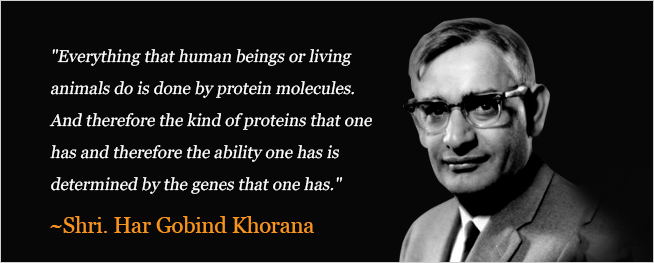
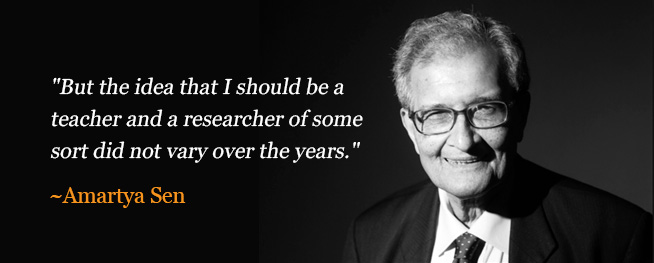
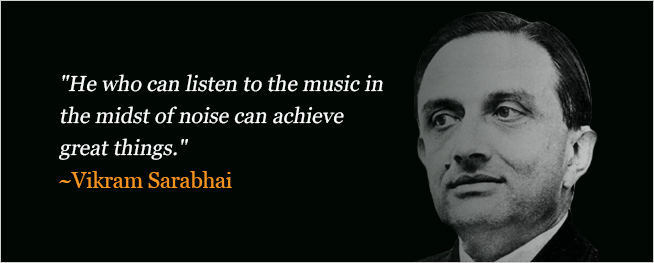
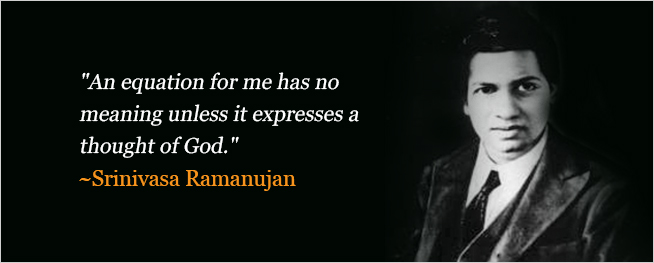
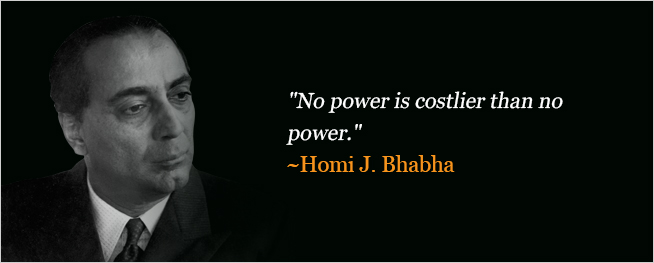

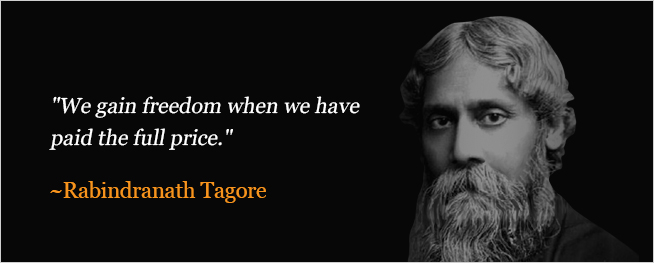
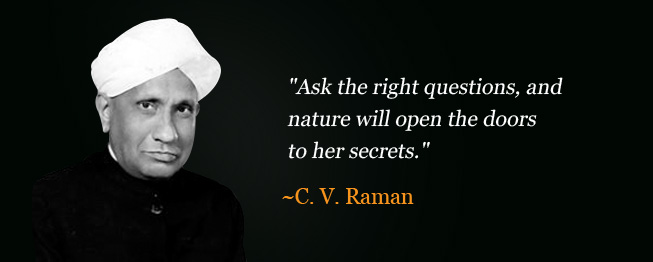
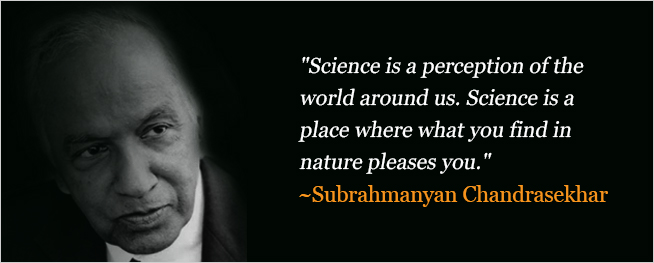
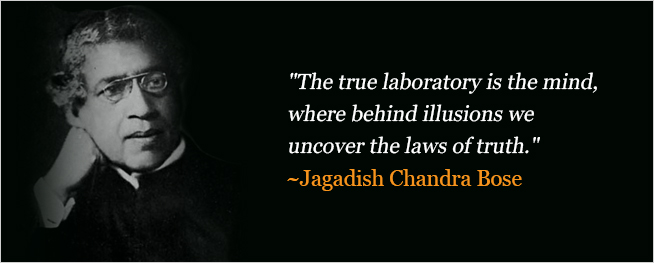
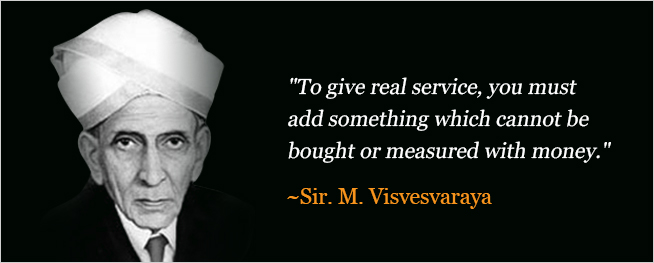
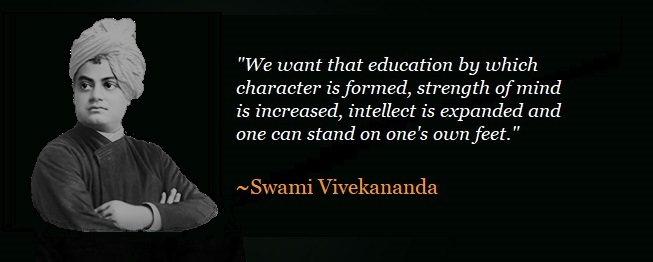
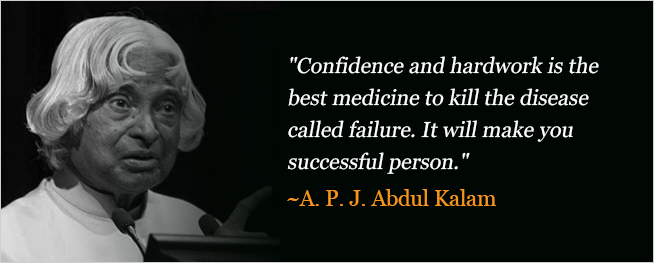
Lorem ipsum dolor sit amet, consectetur adipiscing elit. Ut elit tellus, luctus nec ullamcorper mattis, pulvinar dapibus leo.


